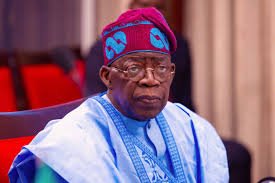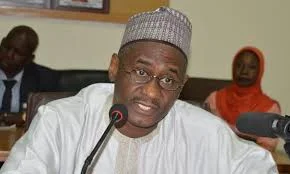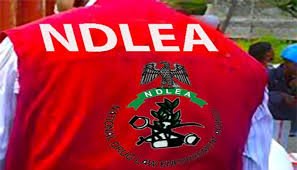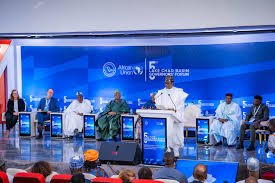The standoff between the Organized Labour comprising the Nigeria Labour Congress (NLC) and the Trade Union Congress (TUC), and the Federal Government, over the negotiation of a new minimum wage for Nigerian workers, has taken a new turn. The Organized Labour has once again rejected the government’s fresh proposal, signaling a potential showdown between the two parties.
According to a prominent member of the Tripartite Committee for the negotiation of a new minimum wage, who spoke to Channels Television’s labour correspondent, the Federal Government and the Organized Private Sector (OPS) side of the talks proposed a ₦60,000 monthly minimum wage on Tuesday. This is an increase from the ₦57,000 they proposed last week, which was also rejected by the Organized Labour.
ALSO READ: Labour Unions Demand ₦615,000 Minimum Wage
“The Organized Labour also shifted ground from its ₦497,000 stance last week to ₦494,000,” the source revealed.
The negotiations have been ongoing, with the government and the OPS initially proposing ₦48,000 and ₦54,000 last week, which were swiftly rejected by the Organized Labour. In response, the Organized Labour presented ₦615,000 as the new minimum wage but later reduced their demand to ₦497,000 and then to ₦494,000 on Tuesday.
However, today’s meeting ended in a deadlock as talks concluded without an agreement on what to pay as the new minimum wage.
The Tripartite Committee for the negotiation of a new minimum wage for Nigerian workers has yet to reach a consensus, with just three days remaining before the May 31 deadline set by the labor unions for the government to conclude the negotiations.
The labor unions have been adamant in their stance, citing the current minimum wage of ₦30,000 as inadequate to cater to the well-being of an average Nigerian worker. NLC President Joe Ajaero described the government’s fresh proposals as “unsubstantial,” stating, “It is still not substantial compared to what we need to make a family moving.”
ALSO READ: Outrage Over FG’s Plan To Spend N1Billion On Minimum Wage Committee
Ajaero further lamented the disparity between the economies of workers and the bourgeoisie, saying, “The economy of the workers is totally destroyed. In fact, the workers don’t have any economy. I think there are two economies in the country; the economy of the bourgeoisie and the economy of the workers. I think we have to harmonize this so that we can have a meeting point.”
With the deadline fast approaching and both sides seemingly entrenched in their positions, the negotiation process for a new minimum wage faces a critical juncture. The outcome of these talks will have far-reaching implications for the country’s workforce and the overall economy.























